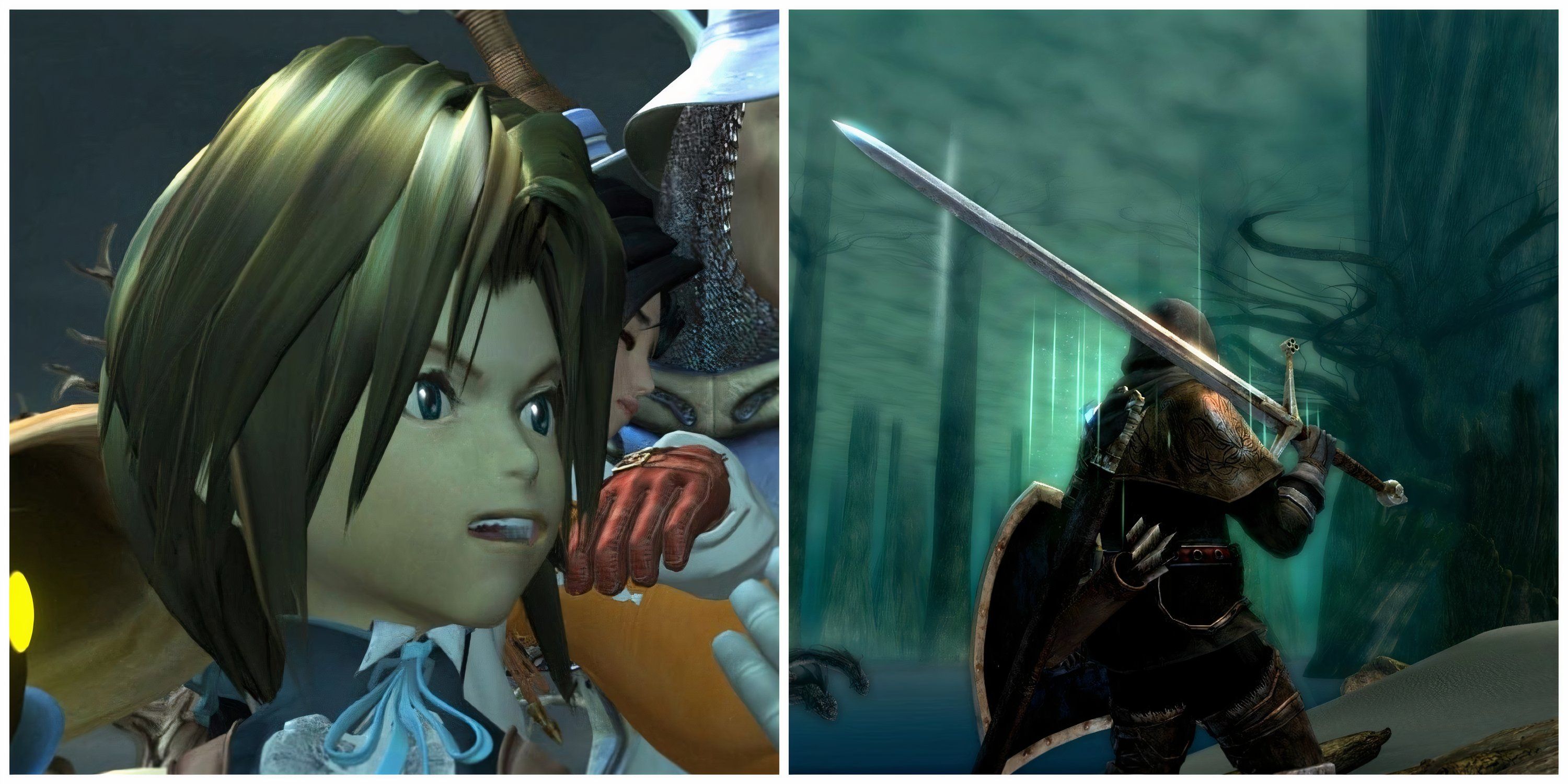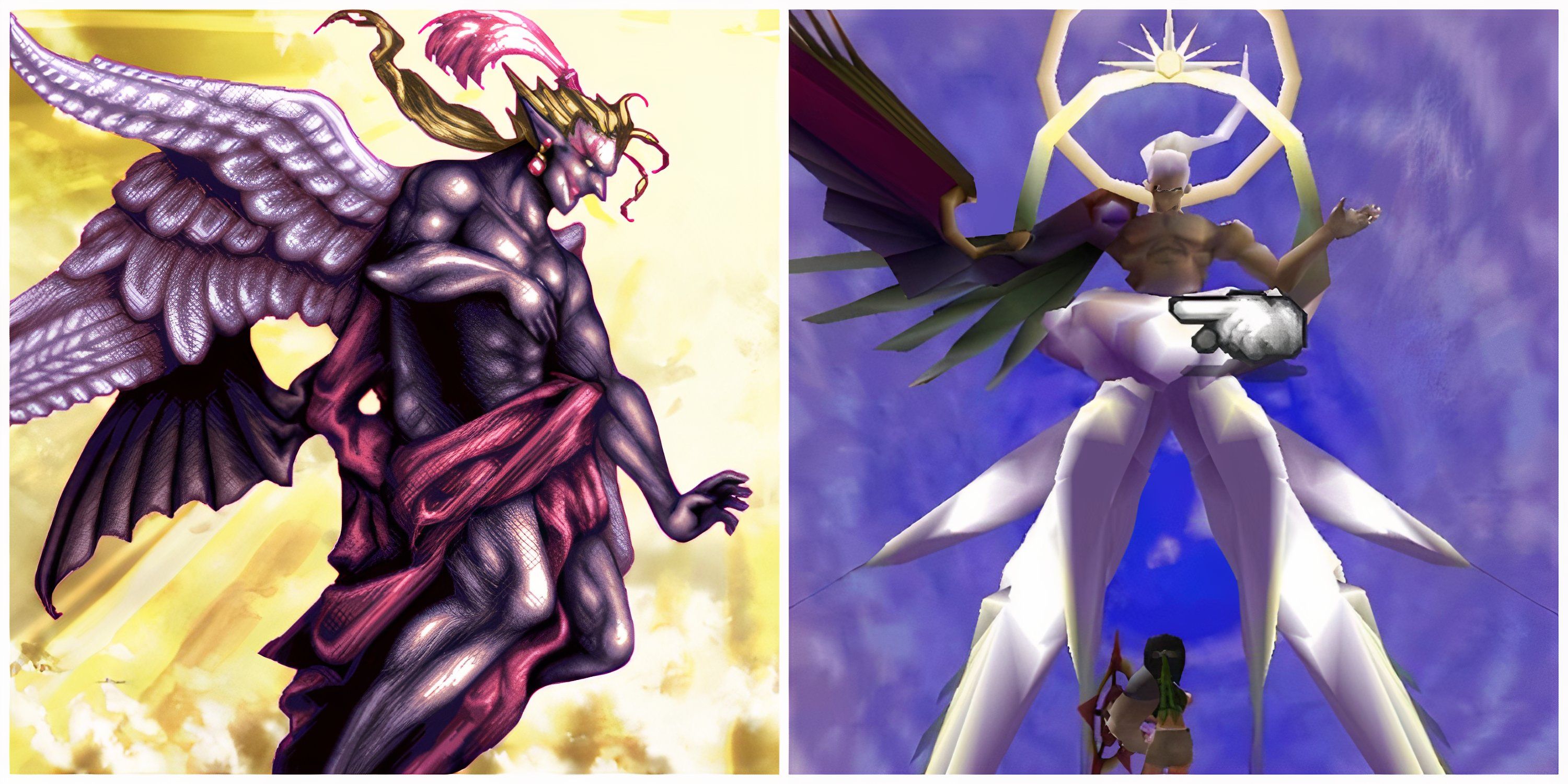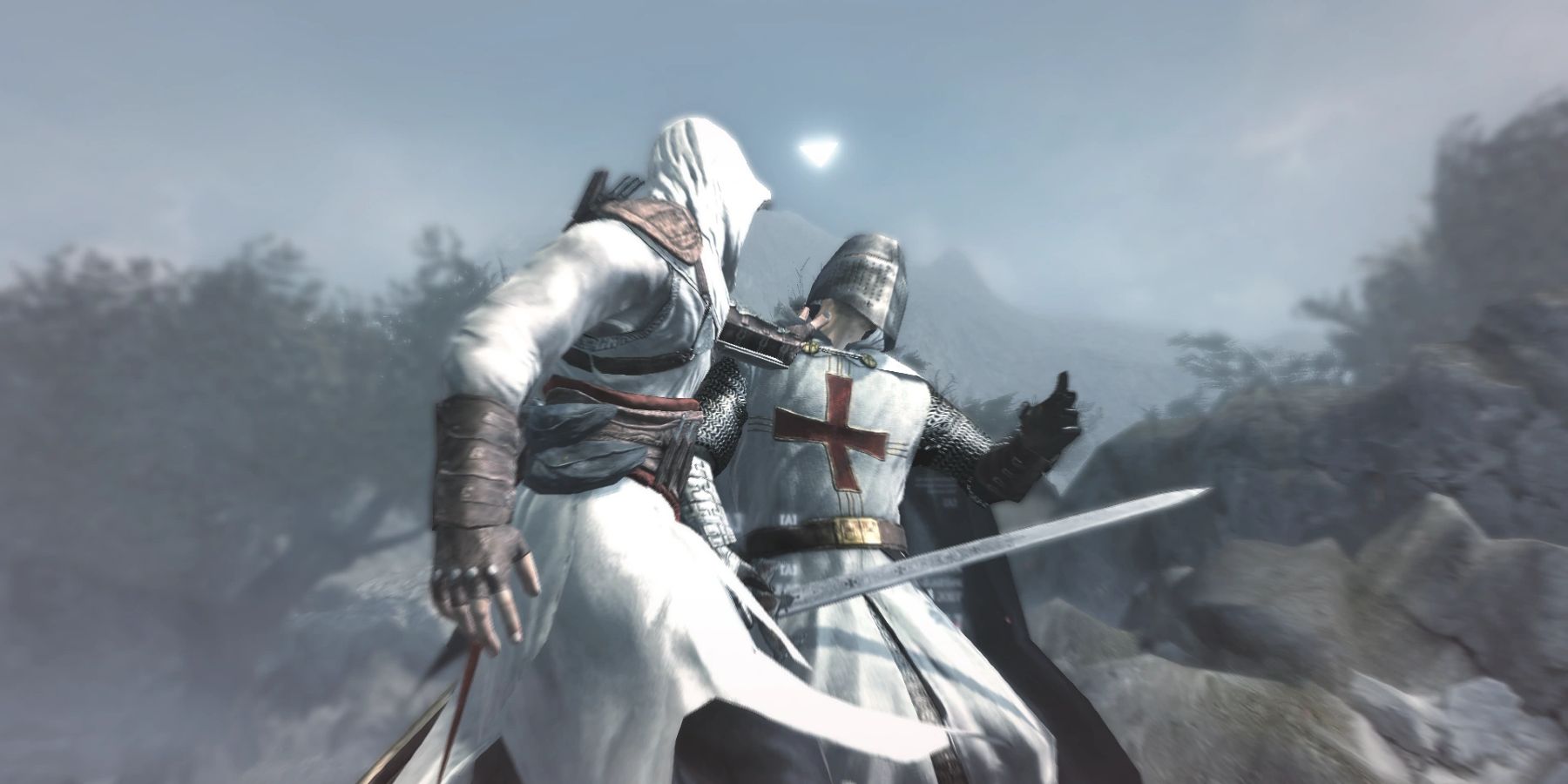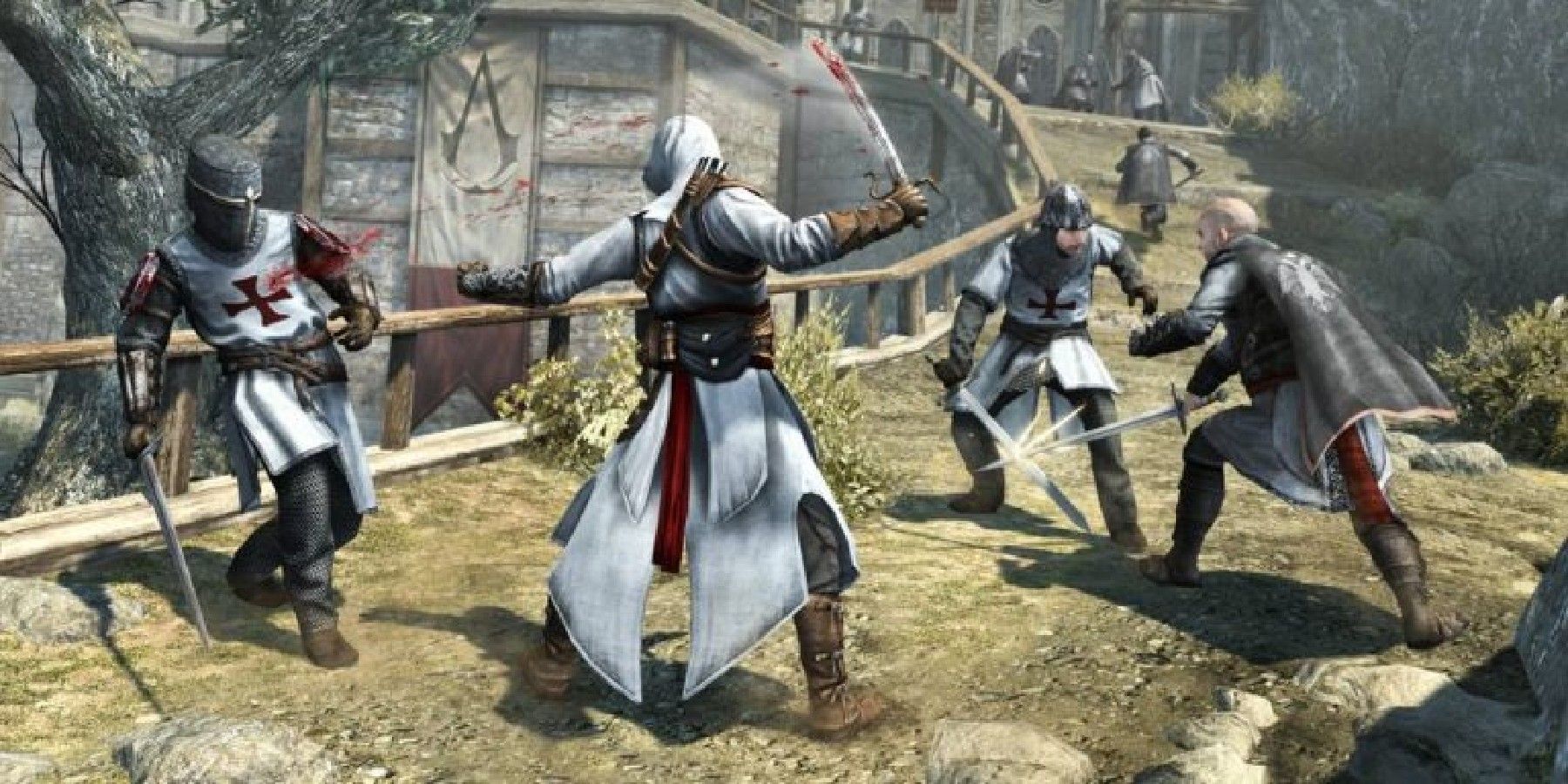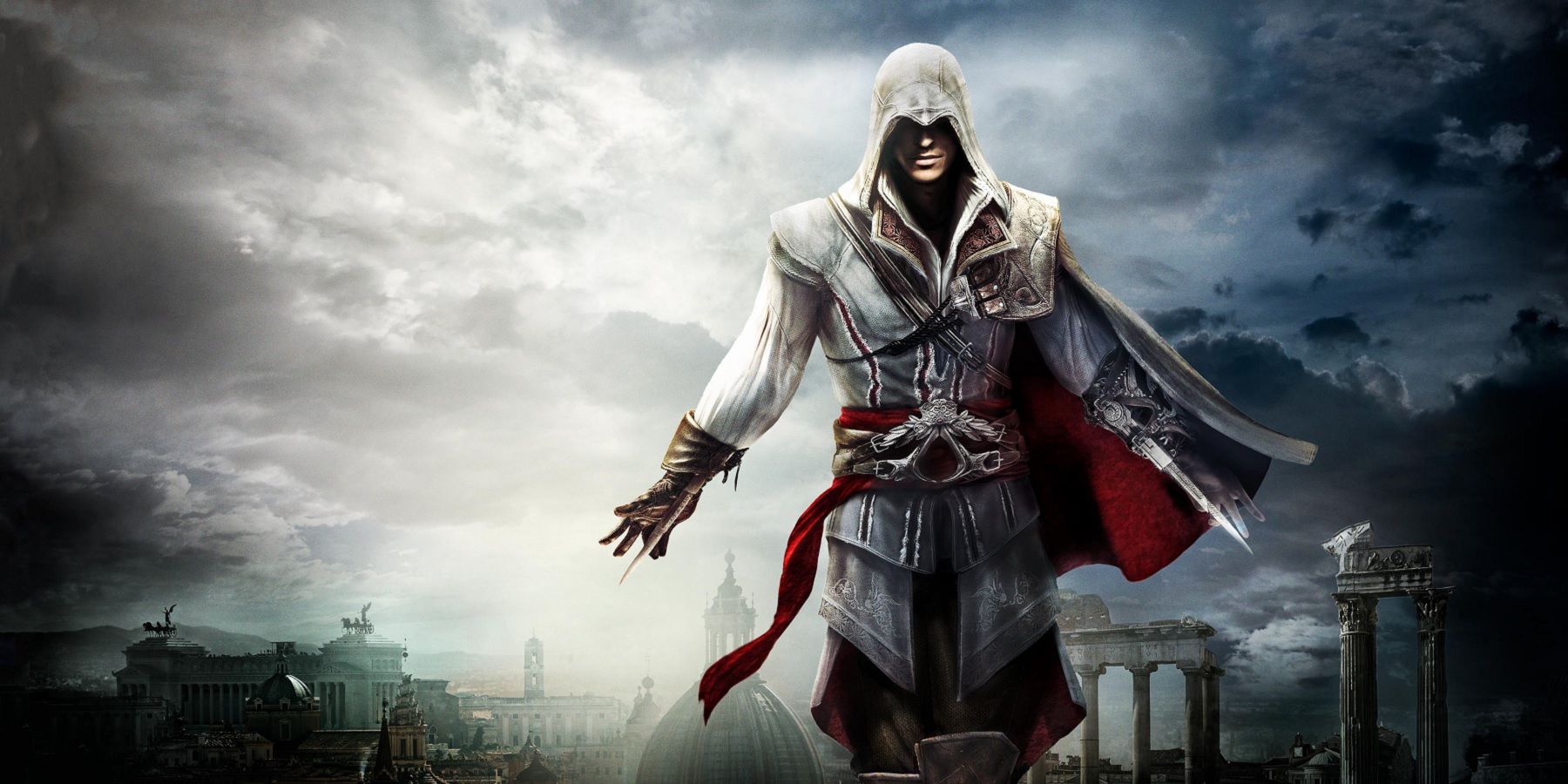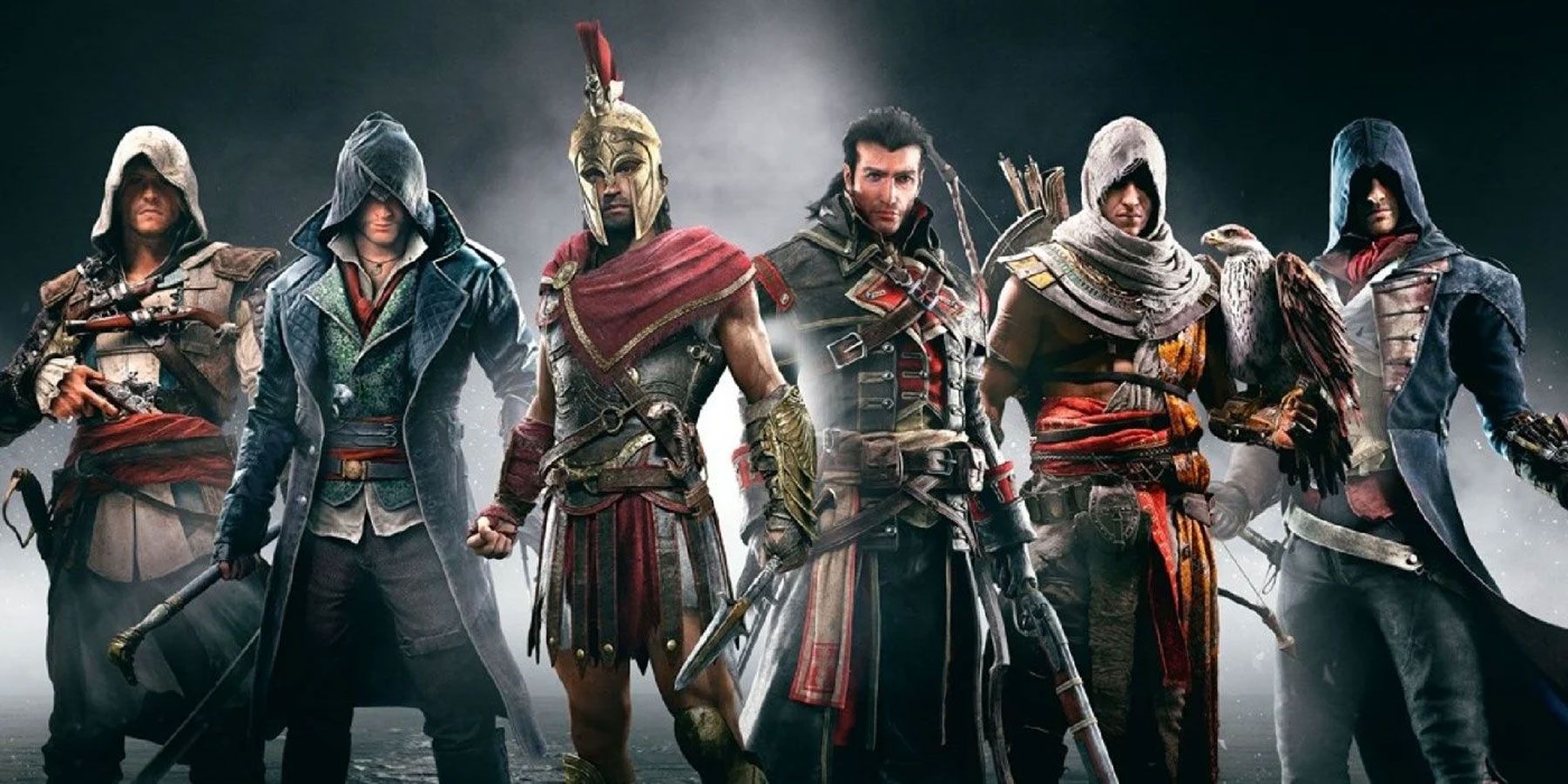While countless video games are released every year, there are some franchises that act as tent poles for the whole industry. These long-running and beloved series like Halo, World of Warcraft, and Assassin's Creed have been around for years (or in some cases decades), and are as synonymous with video games as Marvel now is with films. Across their frequent installments, some of these enduring series can lose their way a little, providing diminishing returns in the pursuit of giving fans something fresh and different. The Assassin's Creed franchise now totals twelve main games with the release of Assassin's Creed Valhalla in 2020, and it's fair to say not all of them have been gems.
The series doesn't show any signs of stopping, though, with the rumored game codenamed Assassin's Creed Rift potentially coming soon. In addition to Assassin's CreedRift, Assassin’s Creed Infinity is also reportedly on the horizon, shaking up the series even further with a switch to live service. The Assassin's Creed franchise has undoubtedly been a lucrative asset for Ubisoft, and it's not surprising the developer is keen to continue its best-selling series. However, with each new installment, the overarching storyline risks becoming more and more diluted, diminishing the connections between the games until all that is left are similar names and a basic core concept. One way that Ubisoft could ensure the games feel connected would be to keep the Templar/Assassin conflict front and center to ground the narratives and make sure they're still relevant.
The Narrative Cornerstones Of An Epic Franchise
As the Assassin's Creed franchise went on, the series underwent some substantial changes. The gameplay shifted from stealth to more of an action RPG, the environments grew in size and complexity, the narrative moved on from Desmond Miles and his ancestors to new protagonists, and the time periods the games were set in constantly changed. While a lot of these changes were welcome – particularly the upgraded gameplay and the expansion of the worlds – other elements remained the same. The core setup of a modern setting intertwined with a historical one has been maintained throughout the Assassin's Creed franchise, even if the Animus has undergone some changes and the main characters have been replaced by others.
Another aspect featured in every Assassin's Creed game in some form or other is the ancient species that pre-dates humanity known as the Isu. These mysterious humanoids and their remnant artifacts called "Pieces of Eden" play a significant (if slightly convoluted) role in the games, and provide a lot of the motivations to travel back in time through the use of DNA and ancestral memory. While the modern sections that focus on these aspects are sometimes the weakest and least interesting parts of the games, they still serve an important function in tying the narratives together and providing a reason for revisiting historical periods.
Still, the element that links all the games together in the most satisfying (and easy to understand) way is the Templar-Assassin conflict. The war has raged for millennia and forms the backbone of each game in different ways, providing antagonists and many memorable clashes between the antithetical ideologies of the freedom-loving Assassin Brotherhood and the control-craving Templar Order. Whether working from the shadows or using organizations as their public face to further their interests, the Templars and Assassins have been at each other's throats throughout the ages. Sometimes it's more obliquely explored, and other times it's more central to the plot, but the Templar-Assassin conflict has come to characterize the series.
The Threat Of An Unraveling Plot
The overarching plot of the Assassin's Creed games can definitely be described as convoluted, but it's difficult to maintain a narrative through-line with so many installments while still advancing the story. In order to make sure that the overall plot can continue in game after game, Ubisoft has created a problematic scenario where the story of Assassin's Creed keeps building without reaching a satisfying ending. There are conclusions on a smaller scale within each game, and the shift between Desmond's story to Assassin initiates and employees of Abstergo's, then finally to Layla Hassan, helps to separate it into sections and compartmentalize the wider narrative.
Even if this approach is relatively successful, the stakes never feel that high as the story inevitably winds down a new avenue and new characters are introduced again and again. Desmond may not have endeared himself to many Assassin's Creed players, but at least he provided a useful linchpin to the action of the first few games before it dissolved into a looser format. In franchises, the protagonists usually provide the heart and focal point to the story of the series, but Assassin's Creed doesn't have that thanks to its conveyor belt of characters. Instead, it needs to hold onto the elements that do exist in each game, like the Templar-Assassin conflict.
The Focus Of Assassin's Creed Infinity
Announced in July 2021 as a cross-studio collaboration between Ubisoft Montreal and Ubisoft Quebec, the upcoming project codenamed Assassin's Creed Infinity is going to take the franchise in a fundamentally different direction. Thanks to the success of multiplayer-focused live-service games like Fortnite, Assassin's Creed will abandon its previous singleplayer format and shift to a model that receives continual updates over time instead. While this approach will provide players with multiple locations, characters, and time periods to explore, some fans of the franchise are a little apprehensive about the proposed changes.
While Assassin's Creed Rift – reportedly a DLC for Valhalla that has been reworked to be a main series entry – could give gamers another more conventional installment, it is hard to see where the series could be headed in the future. The goal is most likely for Assassin's Creed Infinity to provide content for years to come, and there may not be a more traditional entry for a while, if at all. Aspects like competitive multiplayer in Assassin's Creed Infinity could be fun, and the live-service focus could take the franchise in some interesting new directions, but there are some things that it shouldn't change. It seems impossible to imagine an Assassin's Creed game without even a hint of the Templar-Assassin conflict, and featuring it in the upcoming Assassin's Creed Infinity could offer some intriguing opportunities, like playing as a Templar or as a previous antagonist from an older title.
The next Assassin's Creed game is reportedly in development.

